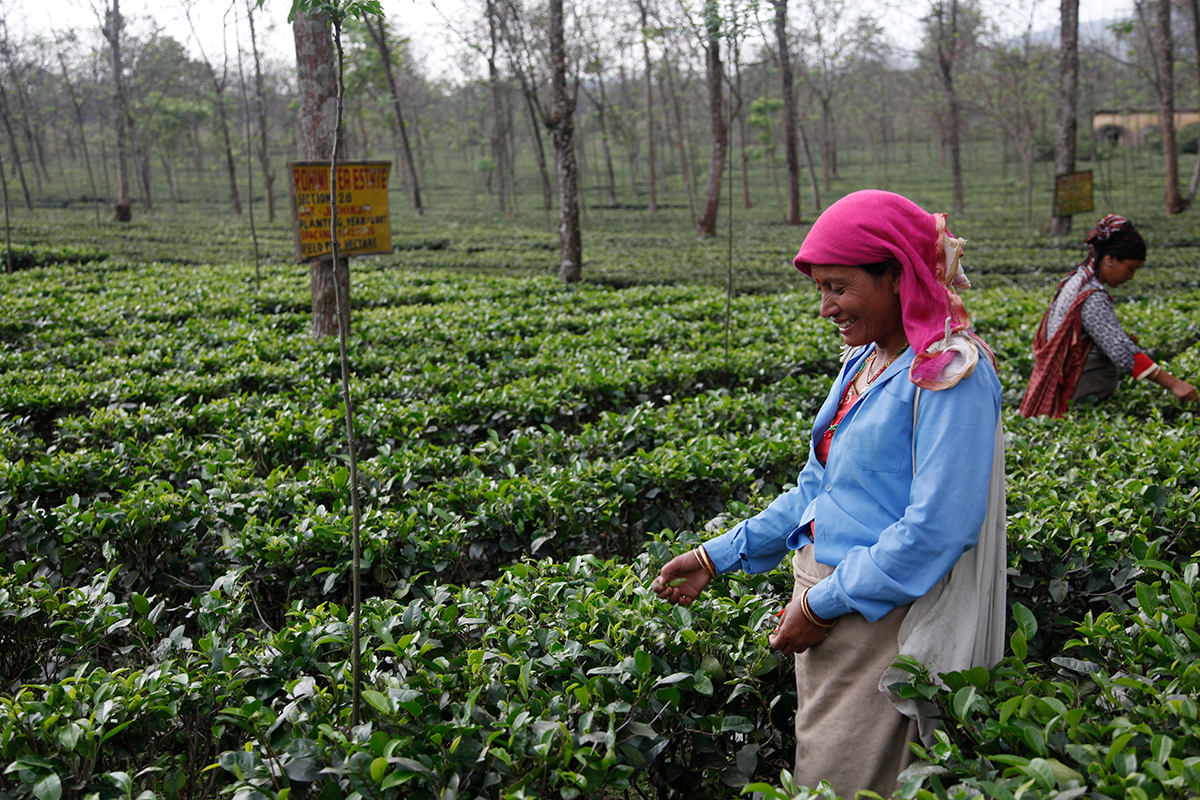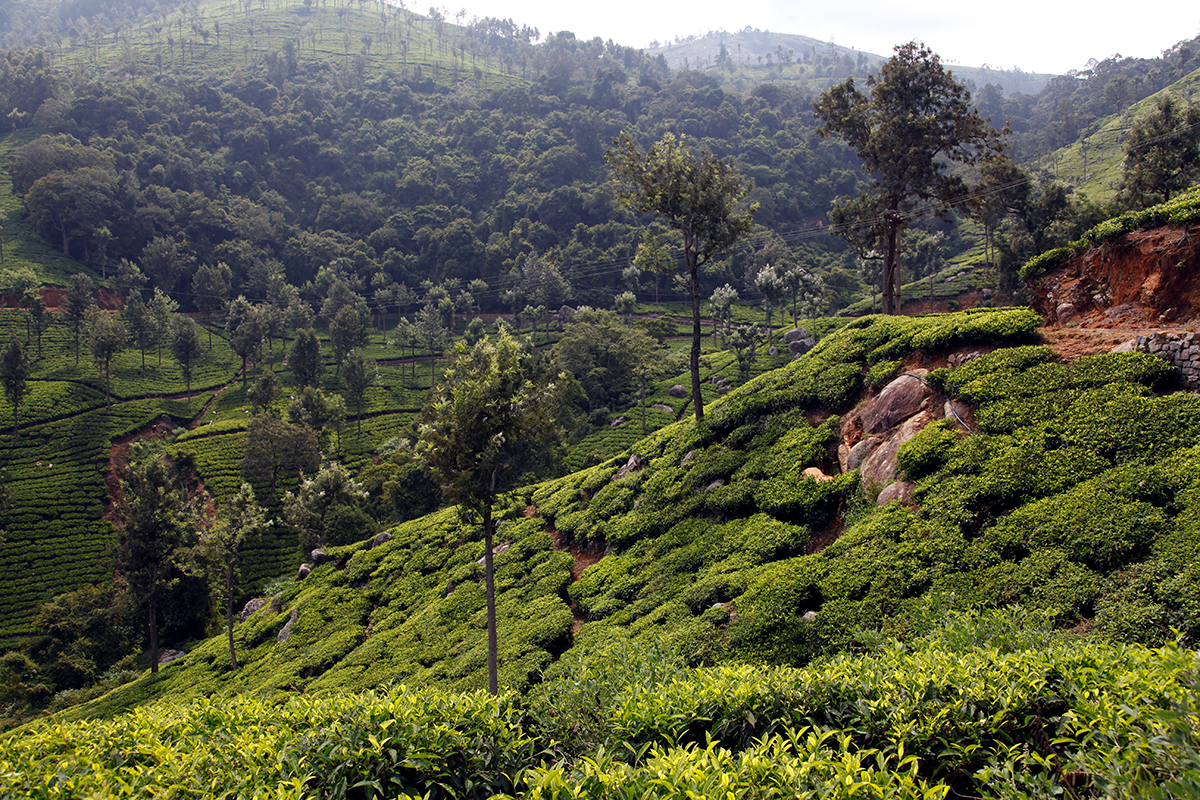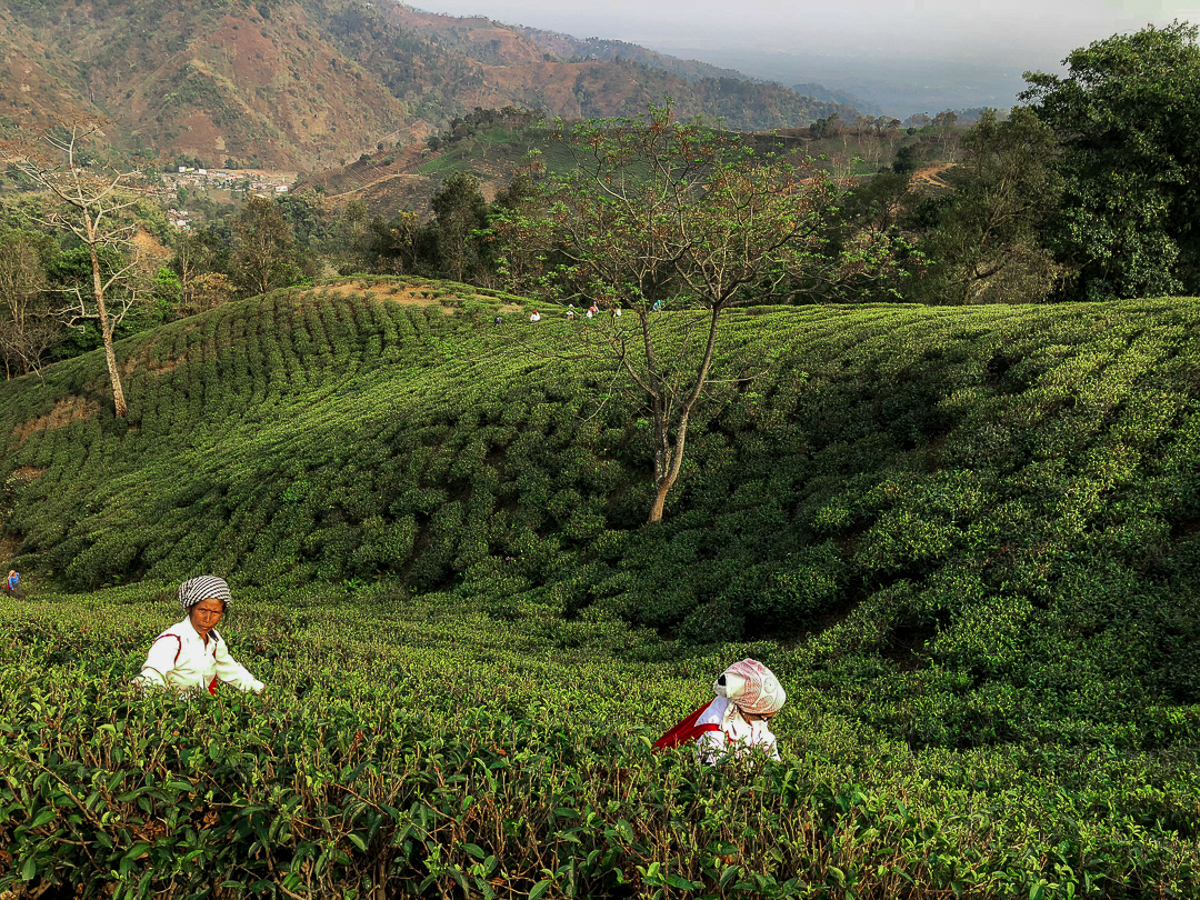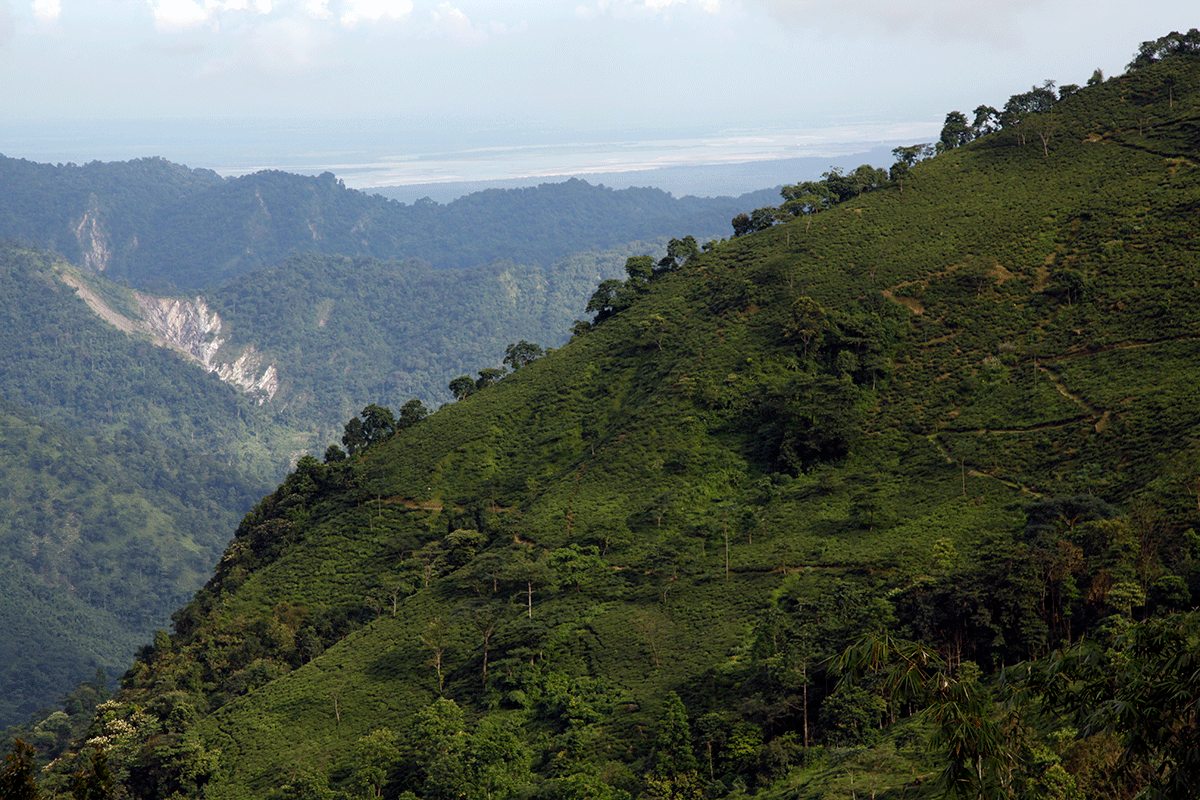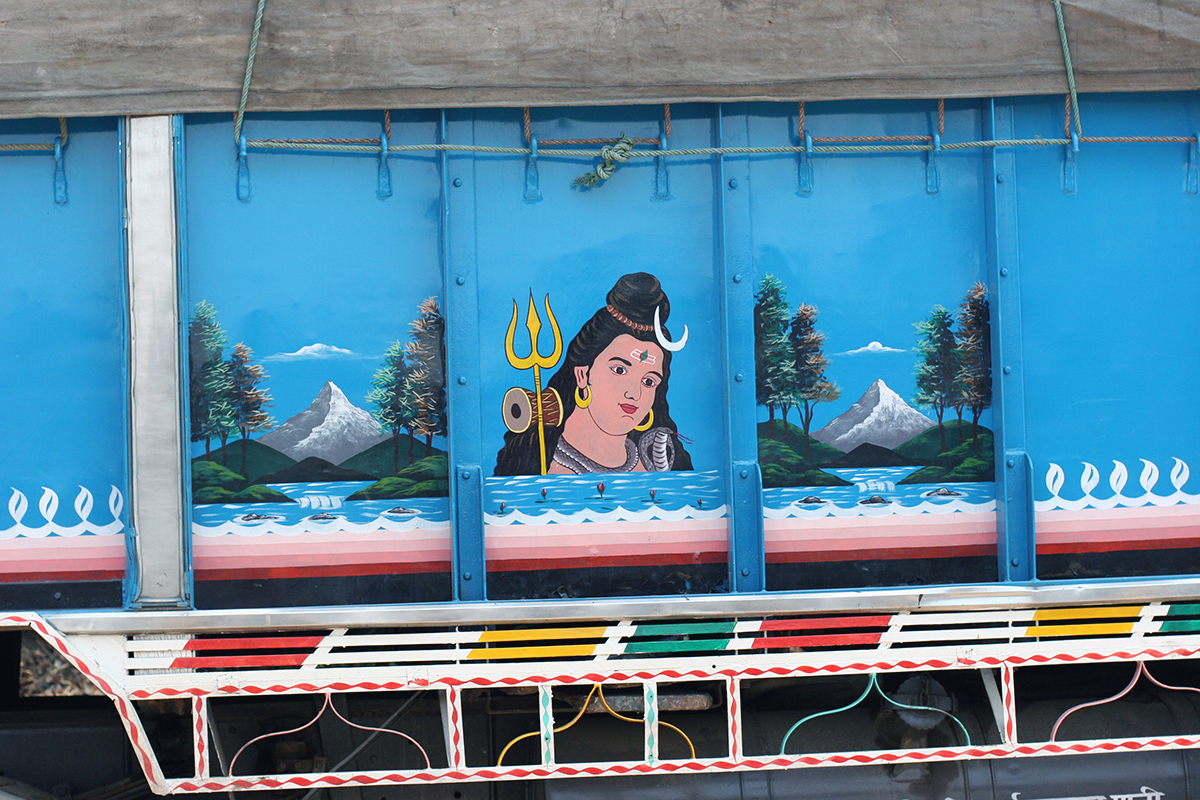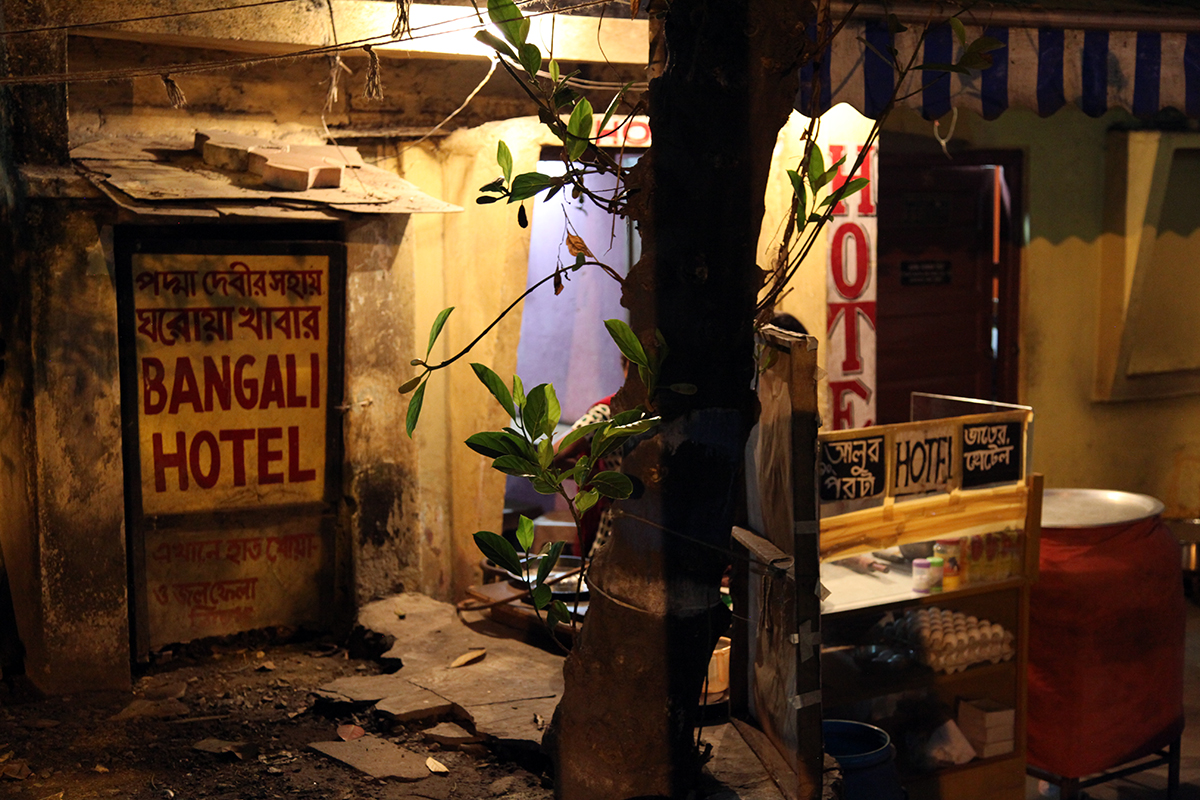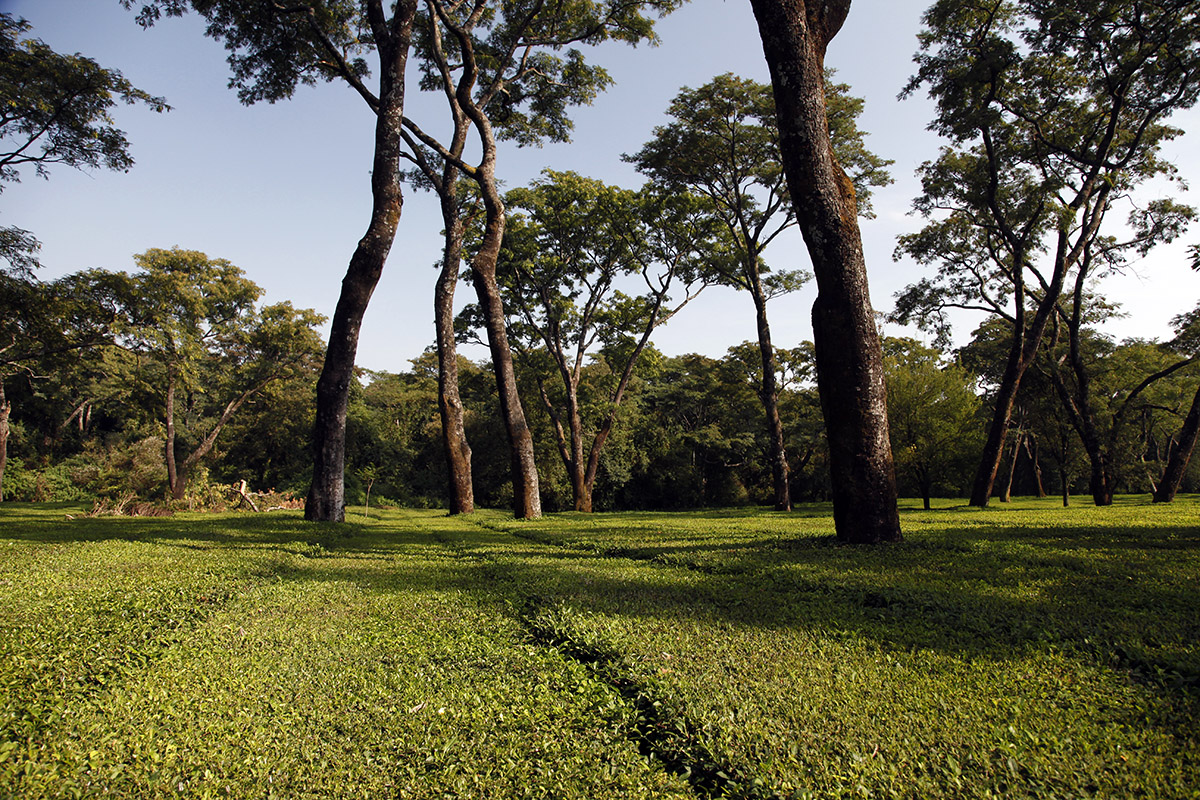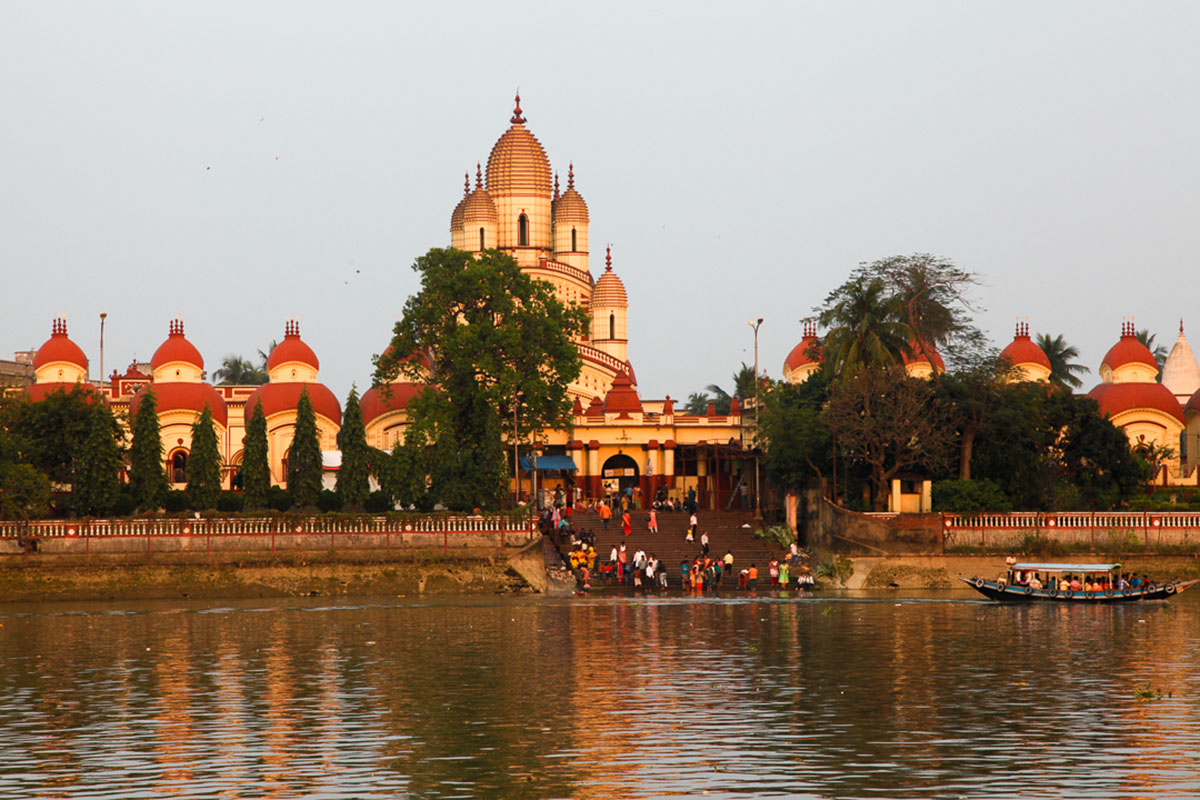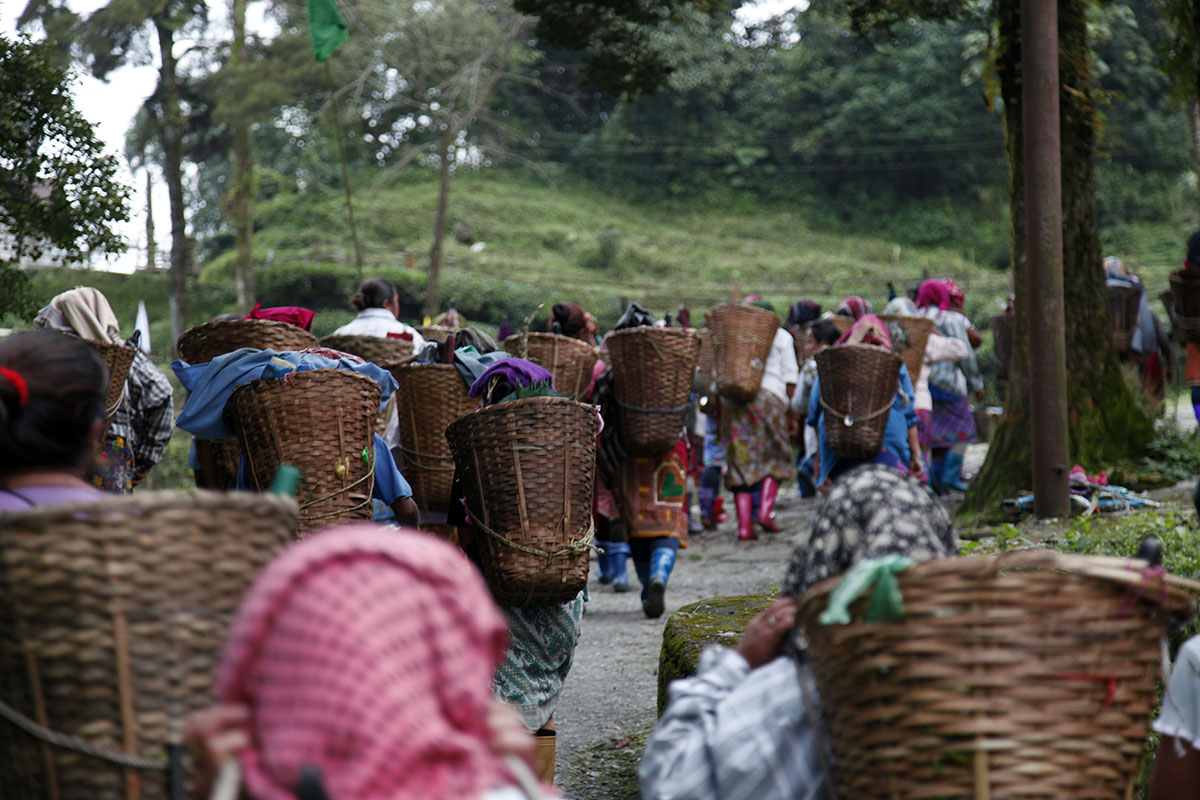In Darjeeling, tea grows at altitudes ranging from 100 to 2,100 metres. The lower-grown teas are harvested first, of course, because of the milder temperatures they enjoy. Remember, tea plants enter dormancy when daytime temperatures remain below 12°C.
I’ve just bought a batch of Rohini Early Spring. It’s a delicious tea, and it’s special too, not so much because of the location of the plantation, but because of the quality of the cultivar, B157 (Bannockburn 157). It’s also unusual in that the plot is entirely planted with this cultivar, whereas many sections on Darjeeling plantations are made up of a patchwork of different tea varieties. The planter – who is well aware that his garden isn’t among the best-known names – is hugely creative when it comes to developing rare teas. He really takes care with the processing part, adjusting every parameter (intensity of withering, rolling, oxidation, drying) until he obtains the exact liquor he wants. This is a wonderfully delicate premium tea with a powerful grassiness and intense freshness. It will be available around 22 March, following the necessary food safety tests.

